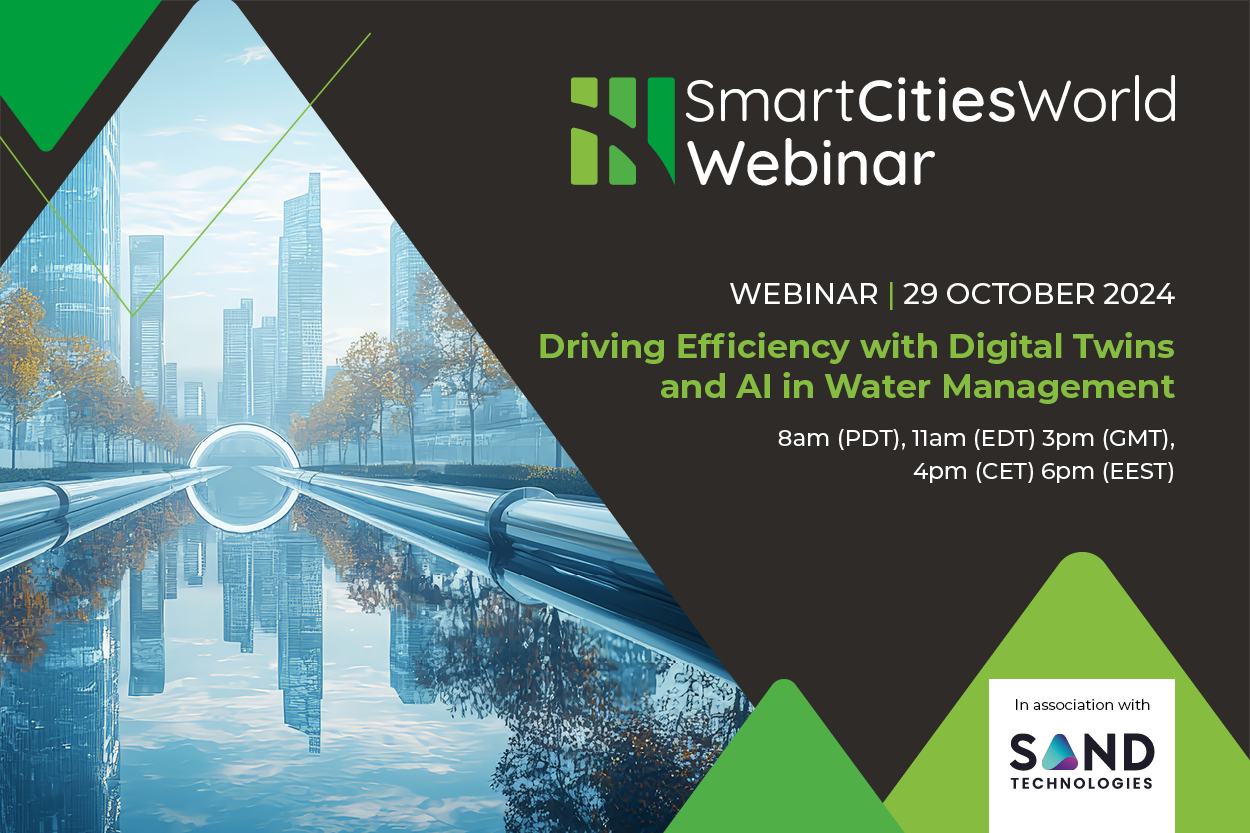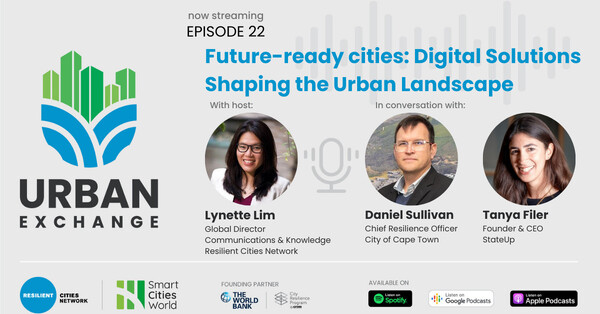Webinar (24 Jan): Can Air Quality and Environmental Sensors improve the quality of life in Smart Cities?
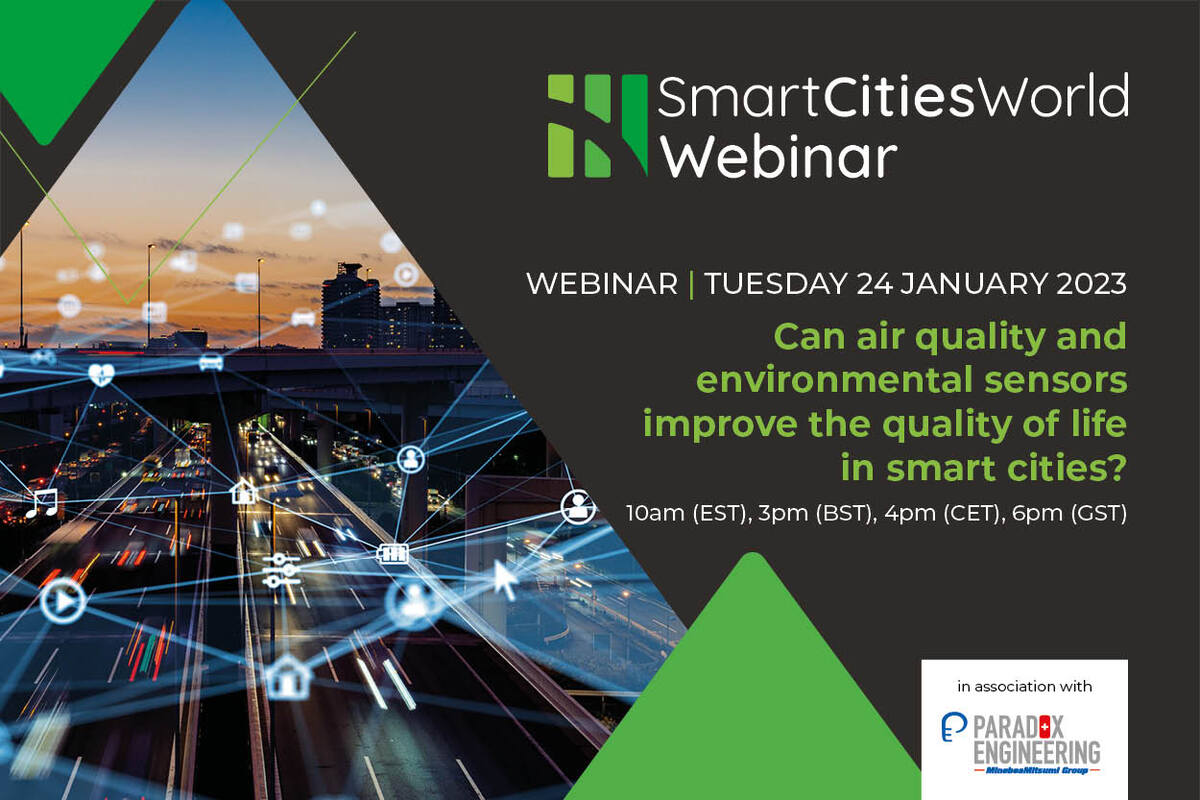
In this webinar, a panel of experts will come together to discuss how air quality and environmental sensors can be integrated into new or existing IoT networks and contribute to citizen-centric, safe, and climate resilient urban communities.
In Nasushiobara, Japan, more than 400 connected pyranometers are being used to predict solar irradiance and contribute to energy efficiency and clean power generation. Worldwide, over 6,000 cities in 117 countries are installing air quality sensors to monitor air pollution, an issue affecting 99% of the entire global population according to a study from the World Health Organization.
City managers need real-time, localized, and accurate data about air quality, temperature, urban heat, humidity, noise, and more, to watch changing environmental conditions and their impact on people’s health, while ensuring compliance with sustainability targets and regulations.
Environmental data can be beneficial also in the early detection of dangerous situations such as earthquakes, flooding, and extreme weather, supporting the prompt intervention of local authorities and law enforcement in case of need.
Being environmental sensors a mature technology, nowadays they can turn from simple monitoring tools into the enablers of decision-making processes for healthier, safer, and more liveable cities.
Join this webinar to learn how air quality and environmental sensors can be integrated into new or existing IoT networks and contribute to citizen-centric, safe, and climate resilient urban communities.
Speakers:
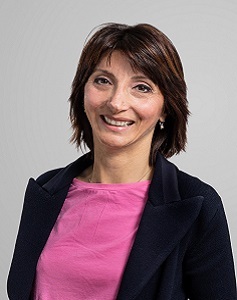 |
Julia Arneri Borghese, Deputy CEO Paradox Engineering SA
Julia Arneri Borghese joined Paradox Engineering in 2011. At that time, the company was ready to launch its first Smart City solution, and Julia contributed to the establishment and growth of a solid market positioning and reputation. She is currently deputy CEO, with specific responsibilities over product management, customer support, marketing and communication.
|
 |
Guillermo del Campo Technical Coordinator of the IoT Laboratory of Madrid CEDINT-UPM
The IoT Laboratory of Madrid (IoTMADLab) is a joint initiative from the Madrid City Council and the Technical University of Madrid and funded by Forum of Companies for Madrid. It aims at defining a IoT connectivity framework for all Municipal Areas, also providing a neutral test place for IoT devices.
|
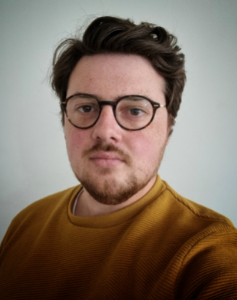 |
Luke Antoniou Senior Editor SmartCitiesWorld
Luke has been reporting on the implementation of smart technologies that benefit the public and public sector for four years.
He has particularly keen interest in smart and sustainable mobility and its role in influencing the decisions of urban planners, citizens and governments alike.
|

